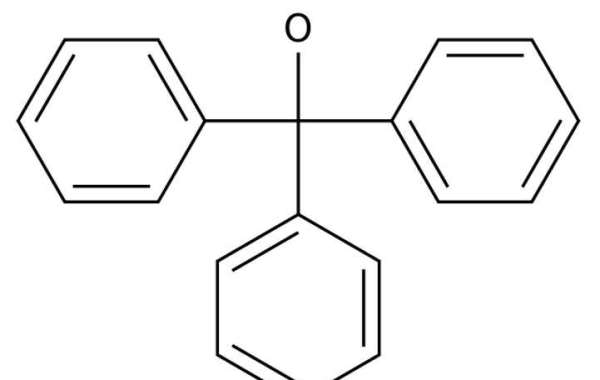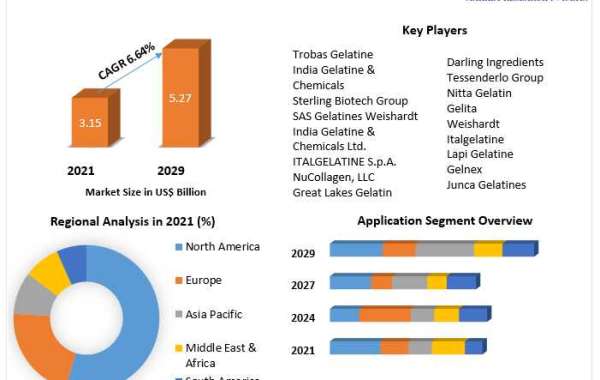Synthesis and Antiproliferative Activities of Triphenylmethanol Conjugates of Leuprorelin
Abstract
Leuprorelin (LEP) is an FDA drug for breast cancer and prostate cancer treatment. There are several reported adverse effects such as transient hypertension, excessive salivation, and increased dysuria during treatment with LEP. In this study, the efficacy and toxicity of LEP were modified by using a drug delivery system to adjust the physicochemical properties. In this regard, Leuprorelin conjugates of triphenylmethanol derivatives were synthesized as prodrugs. Comparative antiproliferative assays showed that LEP-TPMs conjugates had significantly higher antiproliferative activities than the corresponding non-covalent physical mixtures of the triphenylmethanol derivatives and LEP against human invasive ductal carcinoma, human prostate carcinoma, human lung cancer and mouse pre-adipocytes cells.
Introduction
Polyphenols are naturally occurring compounds found largely in fruits, vegetables, cereals, and beverages. Fruits like grapes, apples, pears, cherries, and berries contain up to 200 - 300 mg of polyphenols per 100 grams fresh weight. In the last decade, there has been increased interest in the potential health benefits of dietary plant polyphenols as antioxidants. The effect of polyphenols on human cancer cell lines is most often protective and induces a reduction in the number of tumors or the growth rate of tumors. These effects have been observed at various sites including the mouth, stomach, duodenum, colon, liver, lungs, mammary glands and skin. Many polyphenols, such as quercetin, catechins, isoflavones, lignans, flavanones, ellagic acid, red wine polyphenols, resveratrol, and curcumin have been tested; all of them showed protective effects in some models although their mechanisms of action were found to be different. Polyphenols influence the metabolism of pro-carcinogens by modulating the expression of cytochrome P450 enzymes involved in their activation of carcinogens.
To take advantage of the anticancer properties of polyphenolic antioxidants, several polyphenolic derivatives were chosen for conjugation with LEP. Dodecanedioic acid was selected as a lipophilic linker to attach LEP to polyphenolic derivatives. In this study, we will first report the synthesis of the antioxidant triphenylmethanol derivatives of LEP through the covalent conjugation with dodecanedioic acid as the linker. Second, we will report the evaluation of their in vitro cell antiproliferative activities in multiple cell lines.
Preparation of triphenylmethanol derivatives
The triphenylmethanol derivatives were synthesized using a modified method based on procedures identified in the literature. Accordingly, 1,3,5-trioxane (15 mmole) was added to anisole, 2-fluoroanisole, 2-methylanisole, 1,2-dimethoxybenzene or methyl 2-methoxybenzoate (100 mmole) in 10 mL glacial acetic acid. The mixture was heated to 90˚C - 95˚C, then 1 mL of sulfuric acid: glacial acetic acid was added to the solution. The mixture was stirred for 5 hours at 90˚C - 95˚C. The reaction mixture was then cooled to 0˚C using an ice bath and a homogenous solution of sodium nitrite and anisole, 2-fluoroanisole, 2-methylanisole, 1,2-dimethoxybenzene or methyl 2-methoxybenzoate (15 mmole) in 10 mL concentrated sulfuric acid was added to the reaction mixture. The ice bath was removed and stirring continued at room temperature for an additional 24 hours. The mixture was then poured into crushed ice while stirring. The precipitate was filtered off and dried under vacuum and further purified on C18 column and a gradient combination of hexanes/ethyl acetate as solvent (increasing the percentage of ethyl acetate from 0% to 60% during a course of 55 minutes) using a Teledyne CombiFlash Rf-200 chromatography machine with the gradient system set at a constant flow rate of 25 ml/min to yield pure products in 61% - 87% yield.








